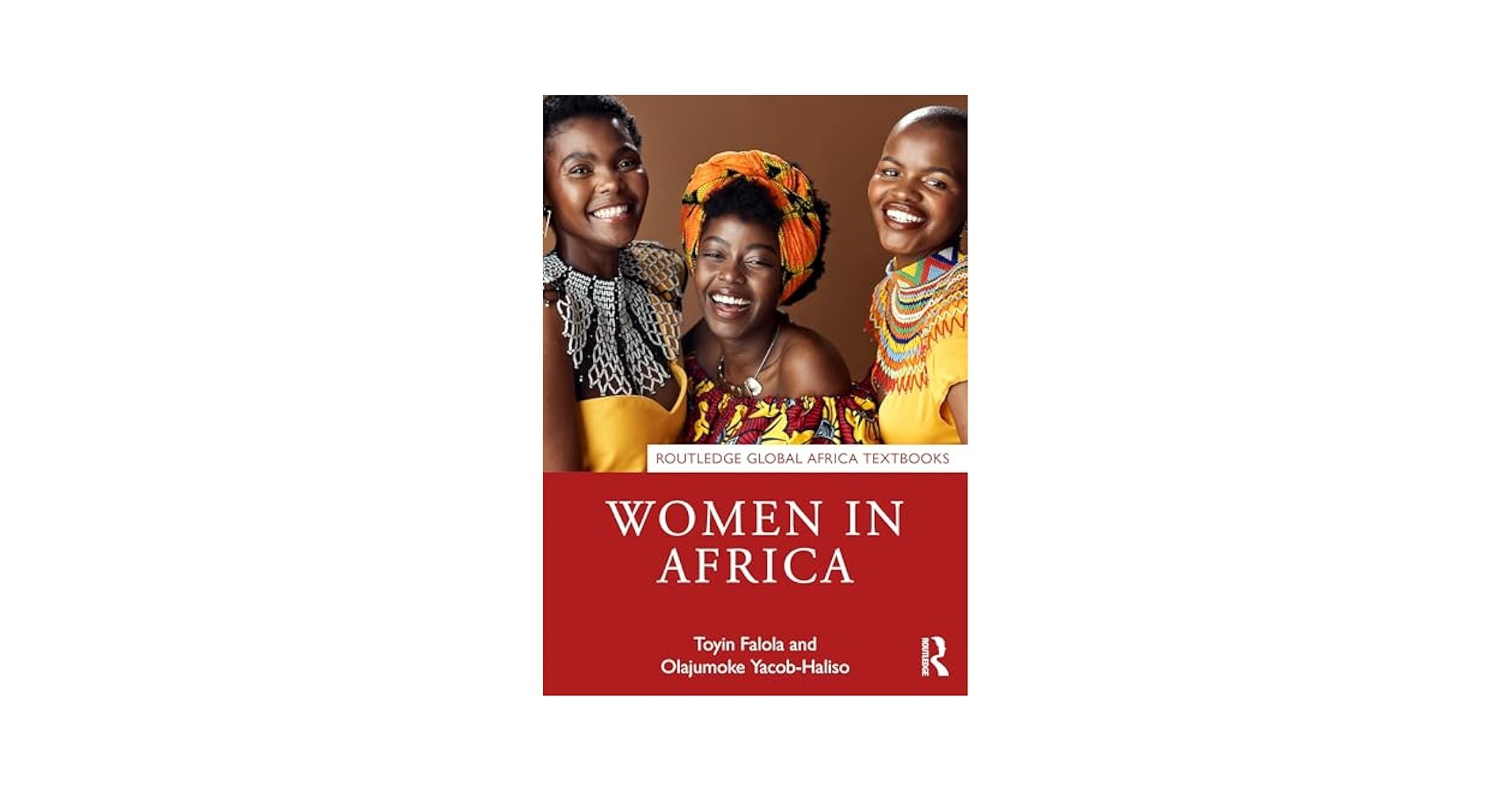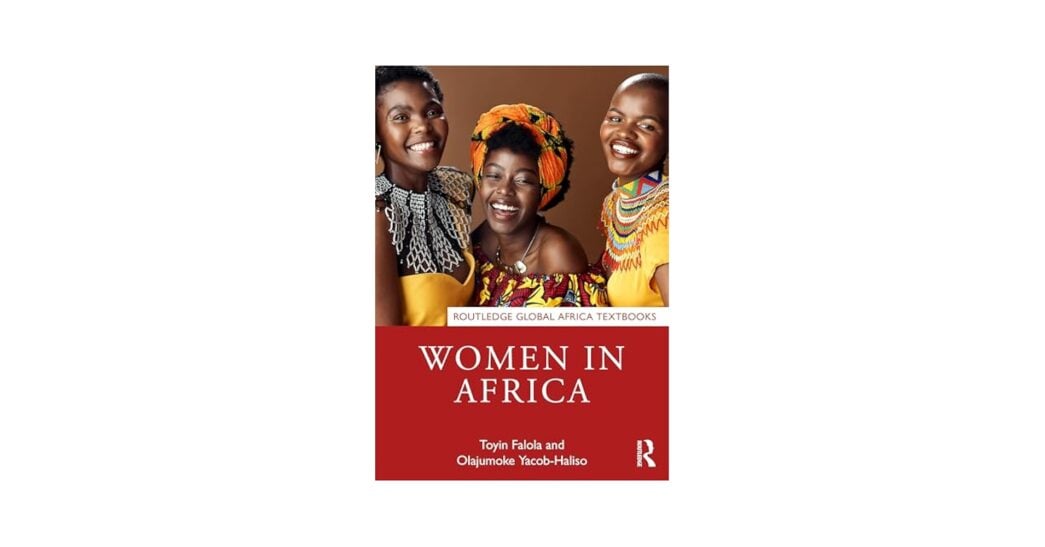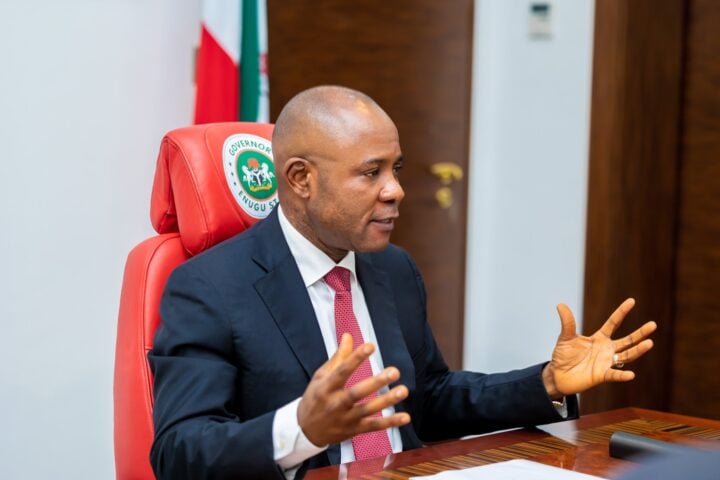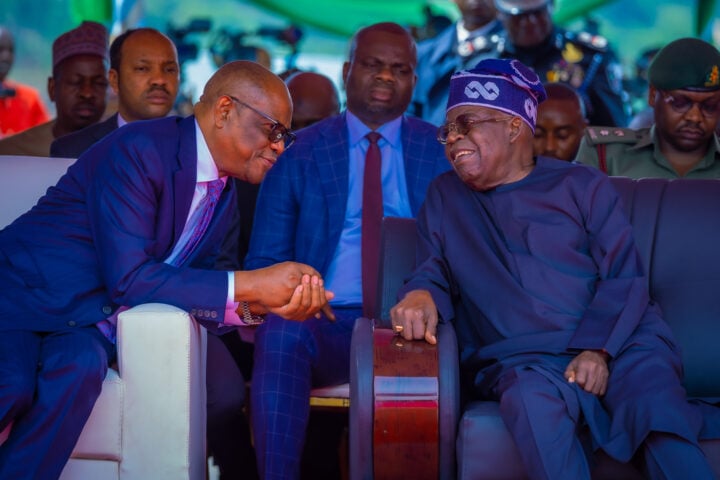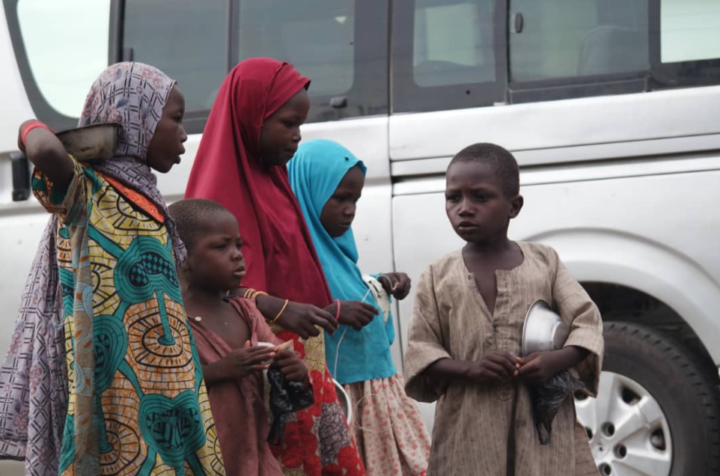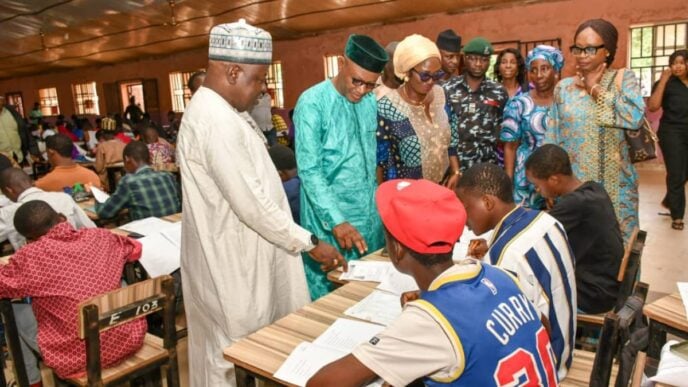'Women in Africa', a book co-authored by Toyin Falola and Jumoke Yacob-Haliso.
Academics are calling for a greater focus on women’s perspectives in history and politics publications to address the silencing of female voices.
The call was a key highlight of a panel discussion for the new book ‘Women in Africa’, co-authored by Toyin Falola and Jumoke Yacob-Haliso.
The book was the focus of the latest Toyin Falola Interviews, which brought together leading scholars from across Africa, Europe, and North America.
They discussed how to restore women’s voices, which have often been marginalised by colonial legacies and traditional scholarship, to their rightful place in the continent’s history.
Advertisement
The panel was moderated by Abimbola Adelakun, a professor at the University of Texas, and featured Damilola Agbalajobi, Khushi Singh Rathore, Tinuade Ojo, Mary Owusu, Grace Ese-osa Idahosa, and Christine Vogt-William.
Adelakun praised the book as a powerful reflection on women’s history, noting its ability to connect diverse subjects, from precolonial politics to modern technology, within a single framework.
Mary Owusu, a historian, said that while many women writers existed in historical accounts, their works were not considered “great,” causing their contributions to be overlooked.
Advertisement
She cited a Ghanaian woman who, in addition to being the country’s first female pharmacist, also pioneered rural banking but remains largely invisible in intellectual records.
Christine Vogt-William of the University of Bayreuth said the book’s main contribution is its alignment with African feminist ideas, offering valuable perspectives for discussing African women’s knowledge, which is essential for re-examining African Studies.
Khushi Singh Rathore said the book’s themes resonated beyond Africa, relating to her own work on feminist history in South Asia.
She said the book highlights transnational connections and the stories of women who crossed borders and shaped postcolonial societies but are still absent from mainstream international histories.
Advertisement
Tinuade Ojo described the book as a bold discussion that highlights the agency of women in Africa’s economic survival, from agriculture and trade to entrepreneurship.
She said its value lies in recovering these histories and urging policymakers to rethink systems that marginalise women’s labour.
Damilola Agbalajobi situated the book within broader political trends, tracing women’s authority from precolonial systems to colonial disruptions and post-independence reforms.
While exclusion was institutionalised during colonial rule, she noted that progress has been made, citing the adoption of gender quotas in 41 African countries by 2024.
Advertisement
Grace Ese-osa Idahosa affirmed the book’s comprehensiveness, calling it “a cornerstone for anyone who wants to do gender on the continent.”
Advertisement
